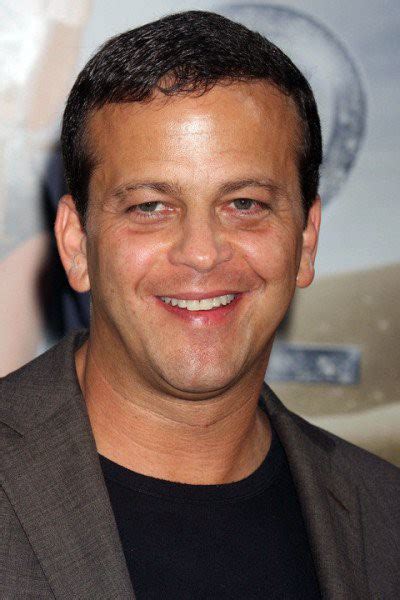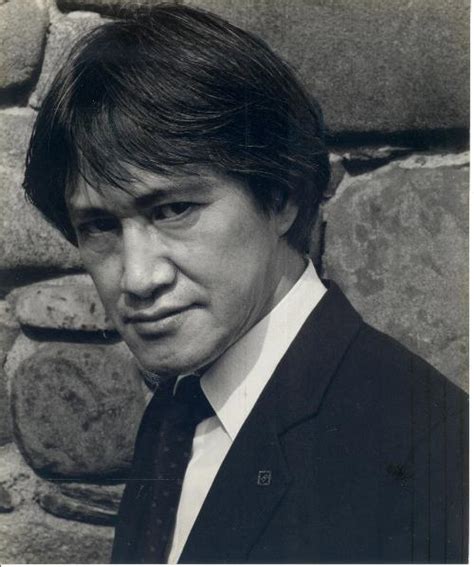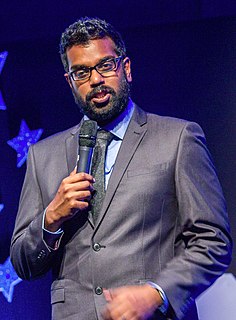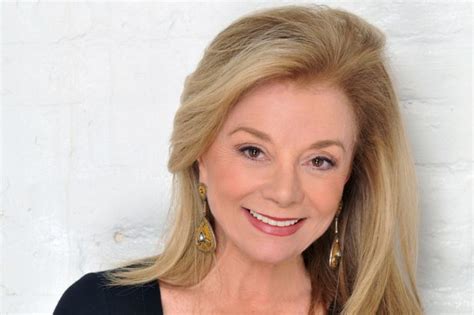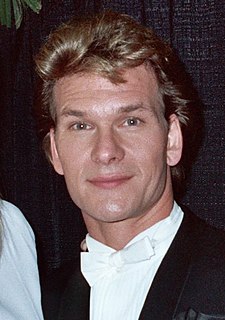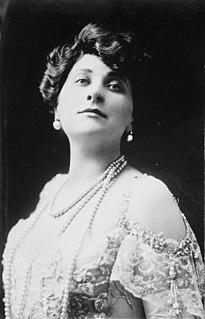A Quote by Raymond Chandler
Two very simple rules:
A. You don't have to write.
B. You can't do anything else
The rest comes of itself.
Related Quotes
Film writing and concert writing are two very different things. In film writing I am serving the film and it tells you what to write. I have to stay within the parameters of the film. In writing concert music for the stage I can write anything I want and in this day and modern age rules can be broken.
I write in spurts. I write when I have to because the pressure builds up and I feel enough confidence that something has matured in my head and I can write it down. But once something is really under way, I don't want to do anything else. I don't go out, much of the time I forget to eat, I sleep very little. It's a very undisciplined way of working and makes me not very prolific. But I'm too interested in many other things.
My own view is simply that there are some very basic rules; very simple rules that apply to all writing in a way, which is: don't lie; if you're wrong, correct; do not misrepresent; and try and keep oneself intellectually honest - which means, as a writer, the very difficult task in public of admitting you were wrong.
I don't have personal experience and knowledge about anything but theater. I've been tutored very well on the subject, but ultimately I'm going back to the rules of drama. There are genres that I like as an audience member that I can't write as a writer. I can't write crime, and I like a good thriller as much as anybody.

